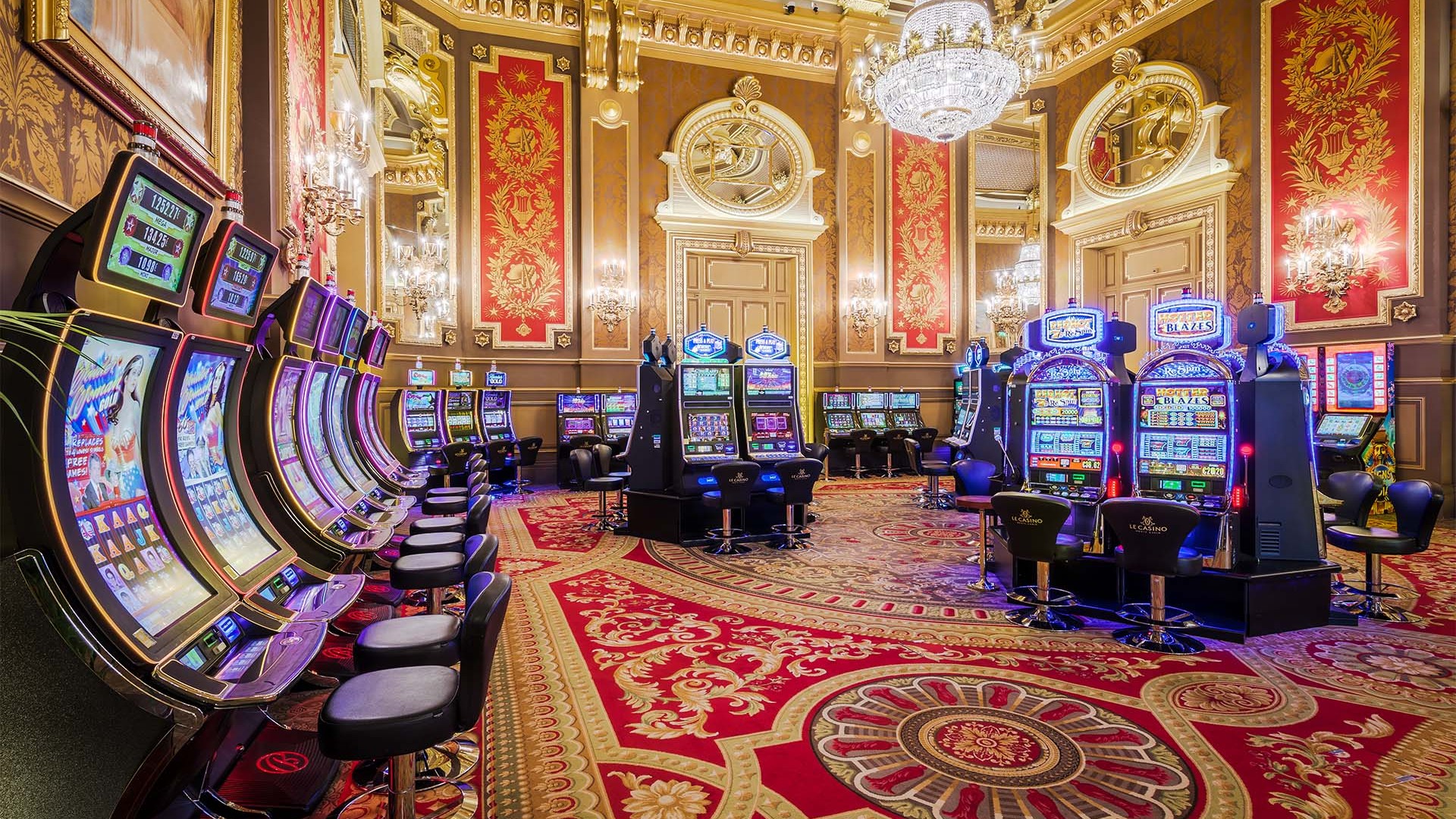
When we think of gambling activities, the initial pictures that often come to mind are those of spinning wheel wheels, card chips clattering on fabric tables, and cubes rolling across a betting area. While numerous view these activities as simple hobbies fueled by chance, a deeper exploration reveals a captivating blend of tactics, skill, and social engagement that elevates them far beyond basic luck. Regardless of whether you are a seasoned player or a curious newcomer, understanding the subtleties of these games can significantly enhance your enjoyment and appreciation.
Casino games have evolved over centuries, with various cultures contributing to their diverse backgrounds and different forms. From the intricate strategies of 21 to the deception tactics in card games, players engage in a contest of intellect as much as a gamble on odds. This dynamic interplay between luck and skill creates a exciting atmosphere that draws millions to gambling establishments worldwide. As we delve into the realm of table games, we will uncover the strategies that can shift the odds in your favor and the social elements that make these activities a favored choice for entertainment and engagement.
The Strategy Behind Table Games
Table games often combine a blend of ability and luck, making them fascinating for participants who like a challenge. Each title has their own set of guidelines and tactics that can influence the results. For example, in titles like 21, players are obliged to use strategies like counting cards and grasping the probabilities to make smart decisions. This skill set can greatly improve the winning potential, distinguishing experienced players from beginners who may depend entirely on luck.
In contrast, titles such as roulette may seem to be entirely based on luck, but tactical thinking can also play into play. Participants can choose between different betting tactics, such as the Martingale system, where they increase the bets after losses. This method can create a more controlled approach to the activity. Grasping the probabilities of specific wagers can also help participants make better decisions on the table, demonstrating that even in titles of chance, strategy can enhance the enjoyment.
Furthermore, the game of poker stands out as a game that heavily focuses on tactics. Unlike most casino titles, the game of poker combines ability, psychology, and chance. Participants must not only concentrate on the hands they are given but also take into account their opponents actions and betting patterns. Mastering concepts like position, pot odds, and interpreting bluffs is crucial for winning. This complexity of strategy in the game of poker often creates to a more engaging experience for participants, where the decisions and abilities significantly affect the match’s results.
Grasping Chance and Odds
In the domain of casino games, probability and odds hold a vital role in deciding a player’s potential outcomes. Every game has its own collection of guidelines that dictate how the chance of winning or losing is calculated. For case, in games like 21, participants have a chance to affect their odds through tactics, whereas in games like roulette, the outcomes are exclusively governed by luck. Grasping how these chances are measured can substantially impact how a player approaches the game.
Odds are typically shown in two forms: fractional and numeric. Ratio ratios represent the ratio of the sum won to the amount staked, whereas numeric odds show the total return for a winning wager, which includes the stake. For example, if a match has odds of 5 to 1, this means that for every one dollar bet, a gambler could gain five dollars if they win. Learning how to interpret these ratios enables players to evaluate their possible winnings and make more wise decisions during gameplay.
Gamblers should also be conscious of the house edge, which is the casino’s inherent advantage over the players. Each game has a different house edge, and understanding this idea is essential for controlling one’s hopes and funds. Games with a lower advantage, such as blackjack and chemin de fer, typically offer superior ratios for gamblers compared to games like slot machines and lottery. By understanding the relationship between probability, ratios, and the house edge, players can enhance their gaming experience and strategize more efficiently.
The Exciting Aspect of Table Gaming
Table games at gaming establishments are often seen as a hub of community engagement, drawing participants together in a collective experience that goes far beyond the mere act of gambling. The atmosphere at a blackjack table can be electric, with gamblers engaging not only with the game itself but also with each other. Laughter, excitement, and, sometimes, friendly banter create connections that enhance the overall enjoyment of the gaming experience. This communal aspect can turn a alone endeavor into a lively gathering, making table games particularly appealing.
One of the intriguing elements of gaming at tables is the way it fosters camaraderie among players. Whether it’s teaming up to defeat the dealer at a craps table or exchanging tales between hands in a poker game, the environment encourages interaction. Participants often share advice or strategies, creating a sense of community that boosts the fun. This social dynamic can make new players feel included and less daunted by the competitive nature of casino games. As the game progresses, friendships may form, leading to a sense of belonging that keeps participants returning to the table.
Moreover, the social aspect of gaming at tables extends beyond just the players. Dealers play a vital role in facilitating interaction and maintaining the flow of the game. Their ability to engage gamblers with friendly conversation and their expertise in managing the table can create an welcoming atmosphere. This relationship between participants and dealers adds another layer of enjoyment, where players feel bonded not only to each other but also to the staff. Such interactions are often what make the experience memorable, as participants leave with tales to tell and connections made, reinforcing the notion that table games are truly about something greater than luck.
casino non AAMS
